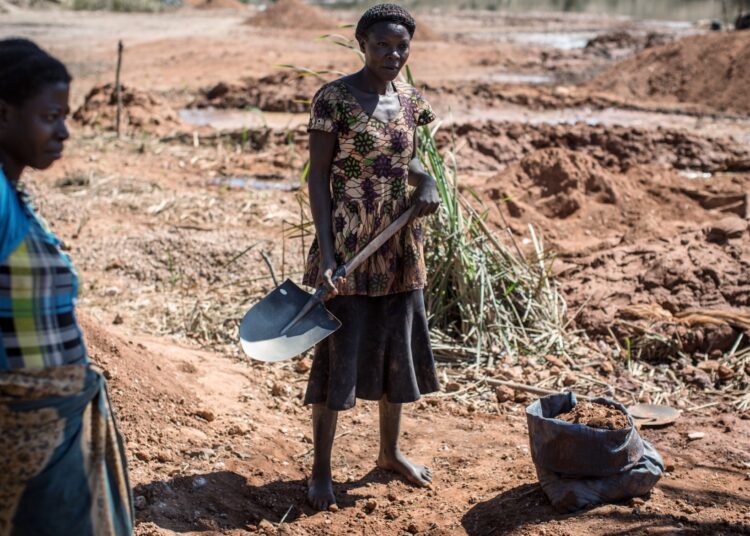Women in Mining Africa (WiM-Africa) has extended its reach to over 36 countries across the continent, solidifying its position as a leading force for gender inclusion and equity in Africa’s extractive sector.
The organisation is rapidly rolling out national and grassroots chapters aimed at transforming mining communities through localised engagement, policy advocacy, and support for women-led initiatives.
Speaking to journalists in Abuja on Monday, Dr. Comfort Asokoro-Ogaji, Executive Director of WiM-Africa, highlighted the organisation’s growing influence in aligning mining practices with gender equity, sustainability, and development goals.
“WiM-Africa has evolved into one of the continent’s most active gender-focused networks in mining and development,” she said.
The new chapters, ranging from artisanal mining hubs to universities and youth networks, are structured to promote inclusive governance and accountability.
According to Dr. Asokoro-Ogaji, the expansion supports WiM-Africa’s Seven-Point Programme Agenda, with key focus areas such as youth leadership, mineral value addition, ESG (Environmental, Social, and Governance), safety, and digital advocacy.
According to her, the chapters function as operational arms for locally relevant activities and coordination—bridging the gap between continental policy goals and community-level realities.
WiM-Africa’s chapter expansion model, she noted, is increasingly referenced by development partners for its alignment with Agenda 2063 and the African Continental Free Trade Area (AfCFTA).
Dr Asokoro–Ogaji listed some of the chapters currently active as Ghana, Kenya, Nigeria, Malawi, Namibia, Burkina Faso, Sierra Leone, Cameroon, South Sudan, among others, saying with each new chapter comes the potential to create safe mining zones, support women-led cooperatives, and promote responsible and inclusive governance at the grassroots.
“In the diaspora, new chapters are also emerging with a strong focus on trade, investment, and knowledge exchange—positioning African professionals abroad to contribute directly to local value chains, business linkages, and mineral sector innovation. These diaspora-led chapters are key to connecting global expertise with grassroots transformation,” she said.
The WiM-Africa chief executive explained that the power of the movement lay in “its ability to decentralise leadership, ignite local action, and connect thousands of women and allies across borders with a unified voice.”
To ensure effectiveness, WiM-Africa upholds clear standards on governance, gender balance, ethics, and reporting. Approved chapters benefit from structured orientation, implementation tools, and access to joint advocacy campaigns.
She further disclosed that new chapters were being launched regularly—including in diaspora communities, Men Allyship Chapters also being established as formal entry points for men committed to gender equity in the mining sector.
“These chapters, composed of up to 80 per cent male membership, play a vital role in advancing WiM-Africa’s inclusive objectives by promoting respectful allyship, safe workplace cultures, and co-leadership models.
“From policy engagement to mentorship of women-led cooperatives, men are stepping forward as partners in building a more just and equitable mining industry. The Secretariat encourages women, youth, and professionals—regardless of gender—to explore opportunities for engagement by starting a chapter or connecting with their national focal point,” she added.





